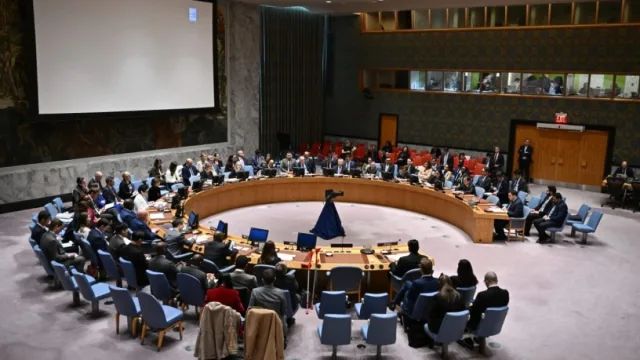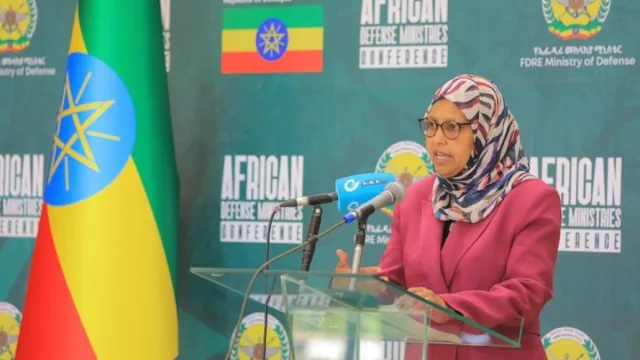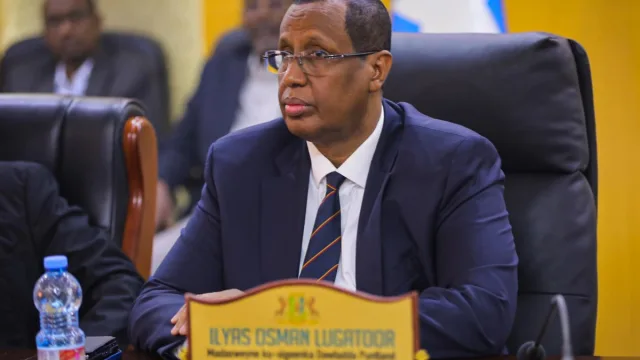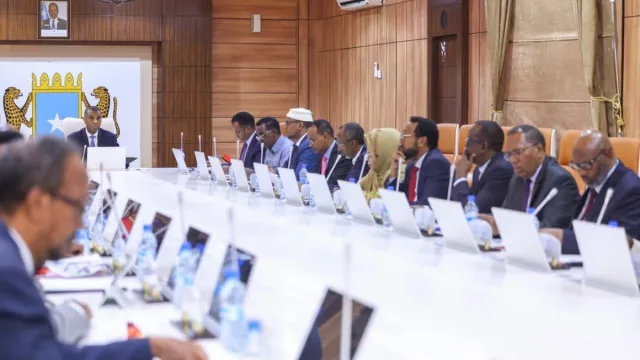For almost 15 years, apart from extremist related armed conflict and spontaneous clashes between authorities in…
 For almost 15 years, apart from extremist related armed conflict and spontaneous clashes between authorities in cities such as Galkayo, Somalia had not seen planned major conventional war between authorities. Such wars between warlords or the between Puntland and Somaliland were was very common, particularly in the years 1991-2004. Since then, the main subject and focus of conflict had been violent extremist against the various authorities or sometimes intra-extremist conflict itself. Unfortunately, the dangers of large conventional war is presently imminent in Tukarak, the main corridor in the de facto border between the Puntland and Somaliland authorities. Both sides have amassed thousands of troops and military hardware in preparation for a large scale conflict.
For almost 15 years, apart from extremist related armed conflict and spontaneous clashes between authorities in cities such as Galkayo, Somalia had not seen planned major conventional war between authorities. Such wars between warlords or the between Puntland and Somaliland were was very common, particularly in the years 1991-2004. Since then, the main subject and focus of conflict had been violent extremist against the various authorities or sometimes intra-extremist conflict itself. Unfortunately, the dangers of large conventional war is presently imminent in Tukarak, the main corridor in the de facto border between the Puntland and Somaliland authorities. Both sides have amassed thousands of troops and military hardware in preparation for a large scale conflict.
It all started when the newly elected President of Somaliland, Muse Bihi Abdi (announced the winner on 21 November 2017), decided to overrun the long held Puntland checkpoint of Tukaraq and make it his first major presidential move. He took this action on 8th of January 2018, within 40 days of his inauguration and to coincide with the visit of the Federal President Mohamed Abdullahi Farmaajo in Garowe as well as the 4th inauguration of the administration of the current President of Puntland, Abdiweli Ali Gaas. President Bihi’s motives for taking over the Puntland checkpoint was to deflect local tensions after his much disputed election (although opposition leaders have accepted his victory, there is great clan related revolt over the process). In addition, President Bihi, who has was a former fighter pilot in the Somali Air Force under the Siad Barre administration and rebel commander in Somalia’s civil war, is known for his belligerent stance both within Somaliland politics and towards the rest of Somalia. He is also the only leader with a military background among the current leaders of Somalia’s various authorities.
Within days after Somaliland took over the Tukarak post, which is only 80km from Garowe (the capital of Puntland), the Puntland government has been amassing its army and other forces in the area with the aim of retaking the checkpoint or even going beyond in areas presently administered by Somaliland. This matters to Puntland because Somaliland politicians who have been making bellicose rhetoric about their troops reaching Garowe and the issue of Somaliland’s occupation of Sool region which both sides claim has been a particular embarrassment to the Puntland government because most residents in Sool fierce resent Somaliland rule. As a result, there is an overwhelming public support for Puntland retaking Tukarak and the rest of Sool region – in fact President Gaas has been severely criticised for his lack of response and inaction to date.
To avert such war and the resulting humanitarian crises, a great deal of diplomatic pressure has been rightly put on both Puntland and Somaliland to resolve the issue. However, the stand-off continues for the third month and the longer this it remains the higher the chance of a armed conflict breaking out. This raises the possibility of both the leaders of Puntland and Somaliland using the conflict for their political gains without regard for the implication for the civilians of Sool region. Although there will be no winner in such conflict as seen at the end of 2004 in the same area (which led to significant retreat by Somaliland), President Bihi has mistakenly calculated that Tukarak is where he needs make gains for his local politics in Somaliland but it is increasingly looking that if conflict breaks it will not work in his favour after all.
By Jibril Ahmed – jaabiri.ahmed@gmail.com





